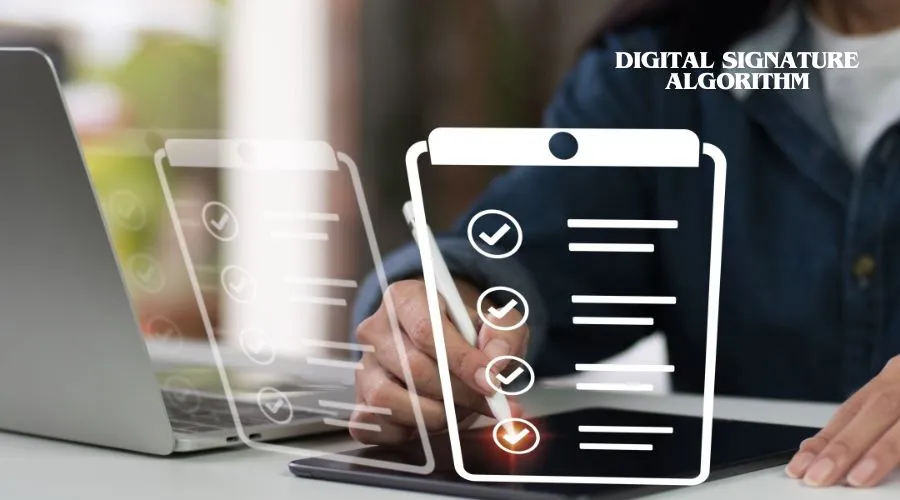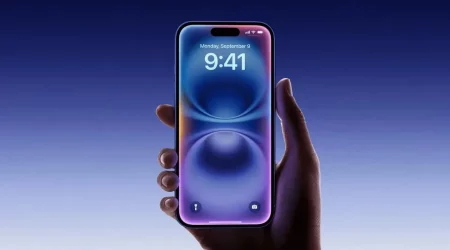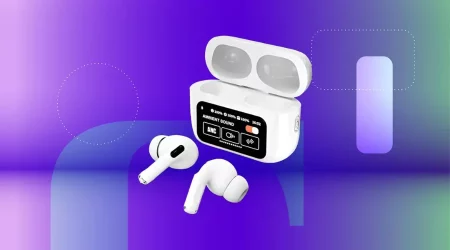In today’s digital world, when every click leaves a trace and every download poses a danger, guaranteeing the authenticity and integrity of online information is critical. So with this blog, enter the world of digital signature algorithms, the unsung warriors that silently protect our digital transactions and communications. However, with names like RSA, DSA, and ECDSA floating about determining which algorithm to trust can be like decoding ancient code. Worry not, digital citizens, as we will talk about NordVPN’s cyber security specialist, intend to shed light on this critical component of online security as businesses and individuals navigate an increasingly digital landscape, understanding the workings of DSA becomes paramount.
Let’s know the basics of these digital signatures and how they are beneficial. But first, learn how NordVPN can be helpful.
Why Choose NordVPN for Digital Signature Algorithm?
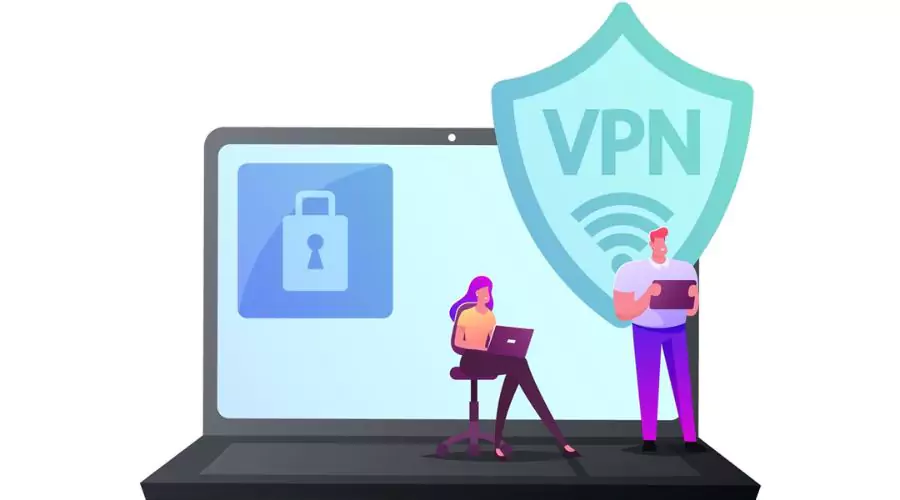
Before we go into the world of algorithms, let’s confront the biggest problem in the room, preserving your online identity is critical. NordVPN a reputable virtual private network that is a VPN provider, encrypts your internet traffic, hiding your IP address and protecting your data from prying eyes. This assures that regardless of the digital signature methodology you use, your transactions are secure and anonymous.
NordVPN ensures your privacy and data integrity, which are critical components of a trustworthy digital signature environment.
Popularly Known Digital Signature Algorithm
Consider signing a document online with the extra confidence that no one can tamper with it and its authenticity is indisputable. That is the wonder of digital signatures! These algorithms provide unique “fingerprints” for data, assuring its validity and integrity, similar to how a real signature certifies a document. Fewer options for these digital signatures are as follows-
Also, Read- Defend Your Digital Space With The Power of VPN Routers
-
RSA digital signature algorithm
The veteran recognized for its strong encryption, is used in high-security applications like as online banking. However, the slower processing speed may be a disadvantage.
-
DSA
Developed by the US government, it provides quicker signing than RSA, but future weaknesses remain a concern.
-
ECDSA
This elliptic curve-based technique is gaining prominence, with compact signatures and good security while hardware support varies.
6 Advantages Of Digital Signature Algorithm
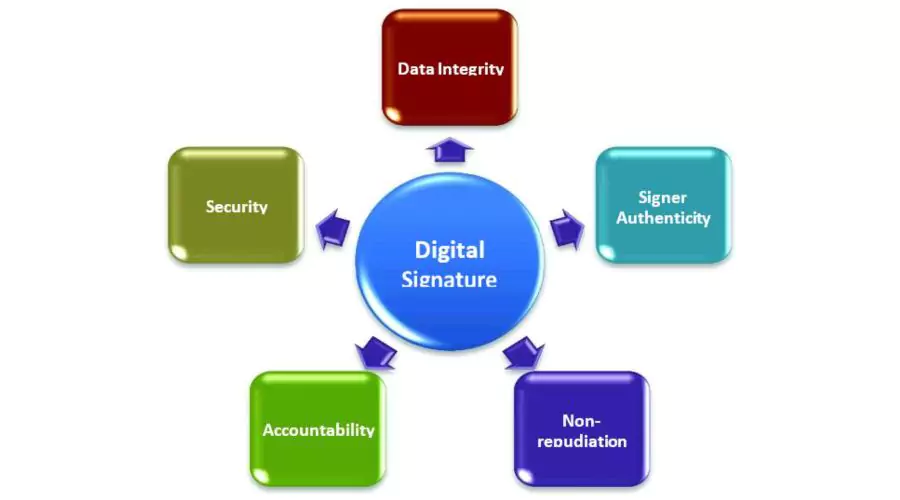
We are about to explore 6 advantages that make them digital security superheroes and they are here as follows:
1. Authenticity guaranteed
These algorithms like a unique fingerprint, provide a digital “signature” for your data, ensuring that it has not been altered since its inception. Imagine signing a contract online and knowing no one can change it, that is the power of digital signatures.
2. Non-repudiation
Have you ever sent an email that you subsequently regretted? With digital signatures that is impossible! They show who signed a document or began a transaction, removing the possibility of someone playing the “I didn’t do it” card.
3. Data integrity
Have you downloaded a document online but are unsure if it is legitimate? Digital signatures function as digital shields, notifying you if even a single of data has altered, assuring you are dealing with the real thing.
4. Enhanced security
While encryption is effective, digital signatures provide an additional degree of protection for high-security applications. Consider Internet banking: without these algorithms, confirming transaction validity would be like trusting a stranger with your wallet.
5. Efficiency Matters
Time is money, and some algorithms such as DSA provide quicker signatures than others. This is critical for high-volume transactions, guaranteeing efficiency while maintaining security.
6. Futureproofreading Your Data
The digital scene is always changing and the most effective algorithms are designed to adapt. Options like ECDSA provide robust security and small signatures, making them appropriate for mobile and the rapidly increasing realm of blockchain technology.
How Does DSA from NordVPN works?

Here are some of the tips that can help you to understand how this NordVPN DSA works:
- A private key and corresponding public key are produced. The key is kept private so that it is used for signing in by the user. Whereas the public key is made available to others for signature verification.
- The private key holder of the Digital Signature Algorithm does a sequence of mathematical operations on the message using a defined set of parameters, resulting in a unique digital signature.
- The recipient uses the public link with the private key to authenticate the message’s validity and integrity. They can assess whether or not the signature is legitimate by doing a series of computations on both the signature and the messages.
Also, Read- Surfshark Antivirus For Mac To Safely Surf The Digital Waves
Conclusion
Exploring digital signature techniques enables you to confidently traverse internet security. As you learn the subtitles see NordVPN as your unbreakable digital protection. The combination of these algorithms with NordVPN ensures the legitimacy of your online interactions. So, armed with information and protected by the finest, set out to conquer the digital universe, knowing your security is in skilled hands.
For more information, please see our other blogs on Savewithnerds.




